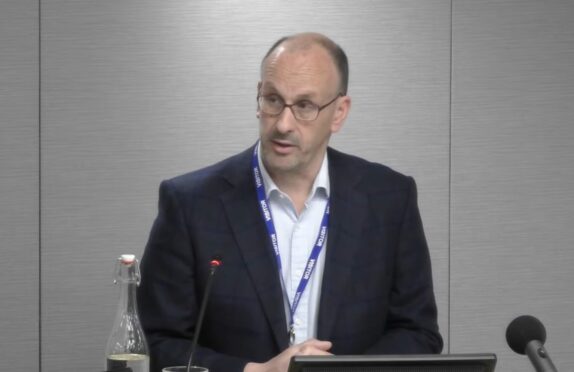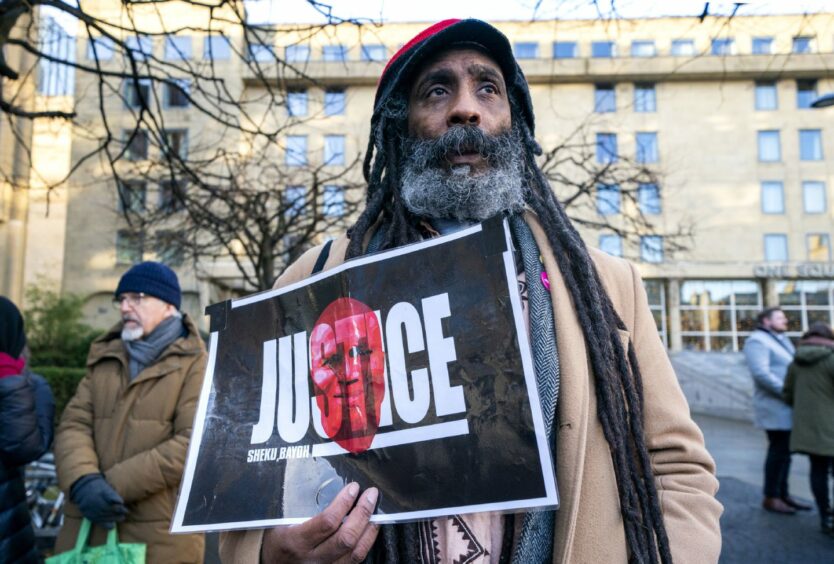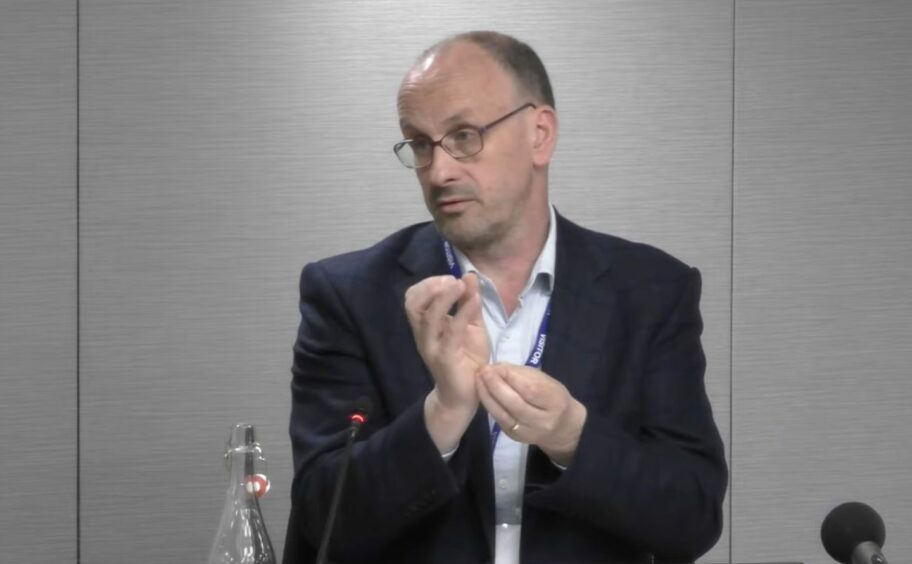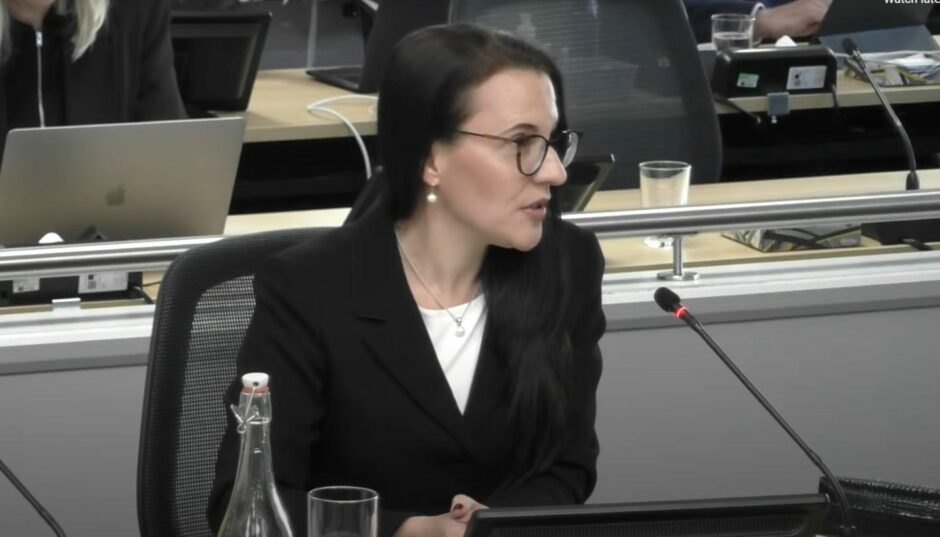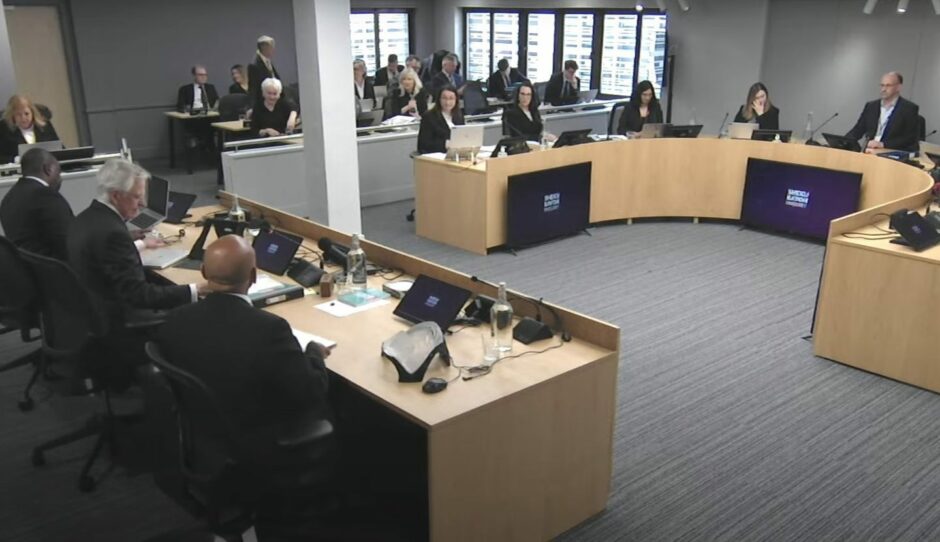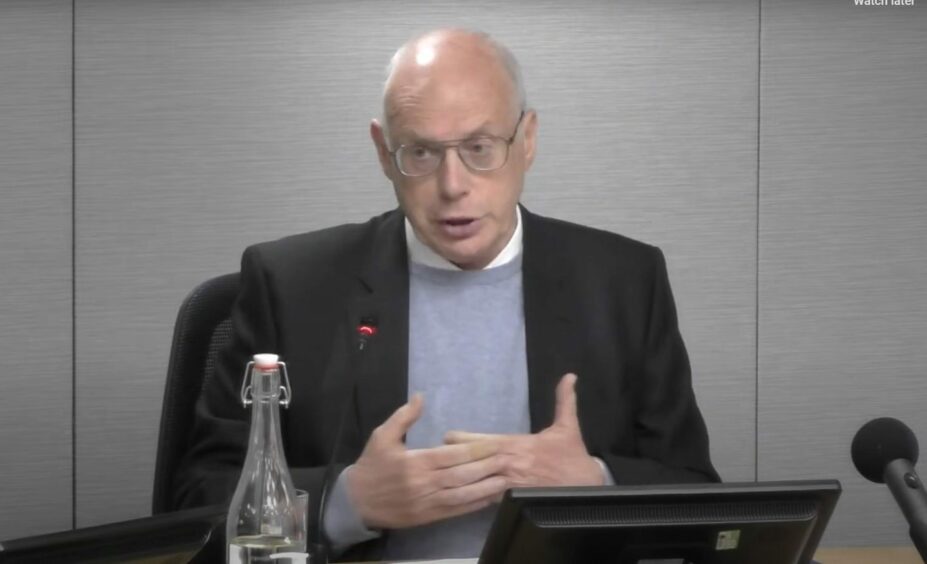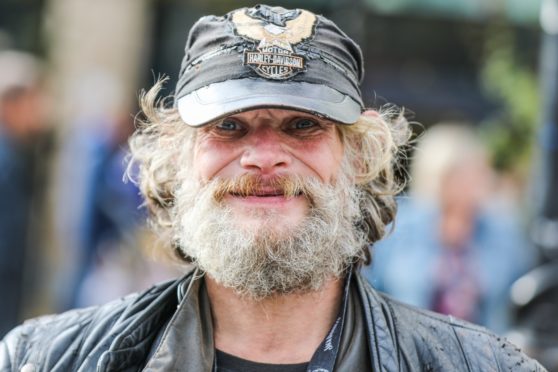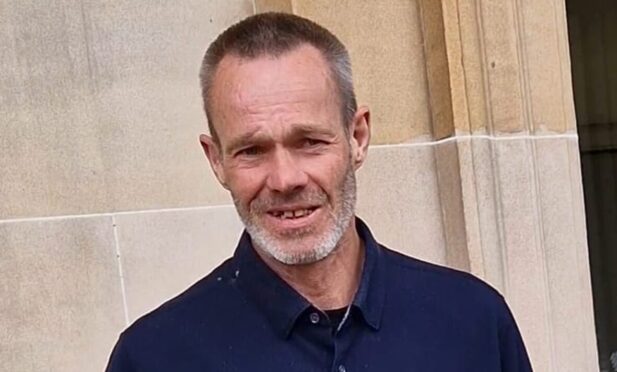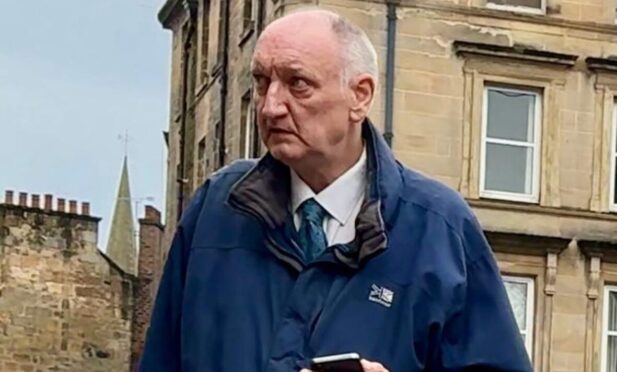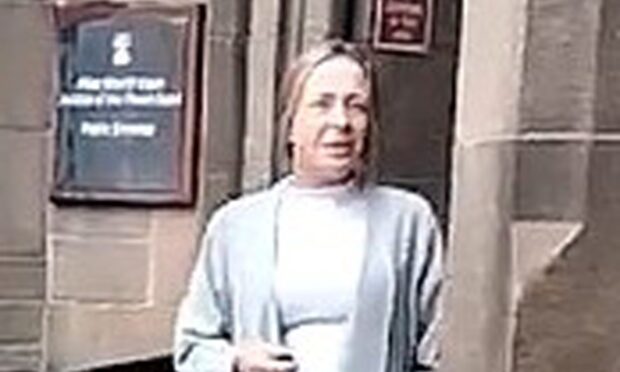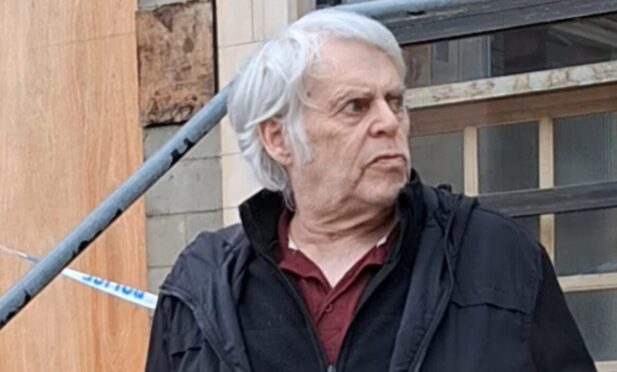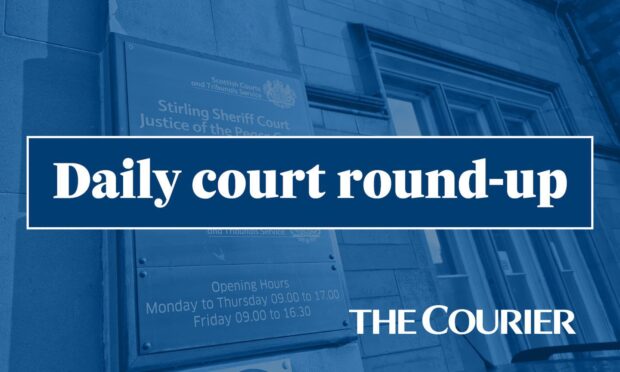The decision to restrain Sheku Bayoh without a medic to help provide medicine meant his “prognosis was very poor”, the country’s leading clinical toxicologist has told the inquiry into the Kirkcaldy man’s death.
Trainee gas engineer Mr Bayoh died after he was restrained by multiple police officers in May 2015.
When the father-of-two died he had the drugs MDMA and alpha-PVP in his system and his behaviour was consistent with someone under psychostimulant intoxication, the inquiry previously heard.
On Tuesday, Professor Michael Eddleston told the inquiry at the time, the 31-year-old was “not understanding what’s going on, he’s fighting against the restraint, and that is going to go on until he is exhausted”.
“If that restraint had been started and there had been a plan, an availability of a paramedic or a doctor able to provide drugs within a few minutes, then the prognosis would have been different.
“It would have been better – I’m not sure how good it would have been but I think almost as soon as you get medicines into a patient there is a beginning of the process of chemical de-escalation.
“But by going ahead and doing this without that plan in place, the prognosis was very poor.”
Died at lower dose of drug
The hearing, being held at Edinburgh’s Capital House, was told there was no precise fatal dose range on record for alpha-PVP, but there had been some examples in the past.
Mr Bayoh had 70 micrograms of alpha-PVP present per litre of blood, which the inquiry was told was consistent with but at the “lower range of these case examples” and the circumstances of his death should not be ignored.
“Mr Bayoh was not in a calm situation – he was also restrained,” Prof Eddleston told Laura Thomson, the inquiry’s junior counsel.
“It’s possible because of the restraint he died at a lower dose than would have been expected than if he hadn’t been restrained and had survived, or had died for another reason.”
Mr Bayoh died after he was restrained by around six police officers who were called to Hayfield Road in Kirkcaldy on May 3 2015 after reports of Mr Bayoh acting erratically.
The inquiry is investigating the circumstances of the 31-year-old’s death and whether race was a factor.
Restraint attempt ‘naive’
On Tuesday the inquiry also heard from written evidence, in which Professor Eddleston said that he “considered that the attempt at restraint was naive and that, if Mr Bayoh had been treated as though he had a psychiatric illness, it might have resulted in a different outcome”.
He wrote that while this was not an expert view, he felt it was one which was “valuable” and was based on his day-to-day clinical experiences on his ward.
Prof Eddleston, of the University of Edinburgh, said: “The problem with physical restraint is it’s basically a dangerous thing to do and something you try and keep as short as possible.
“So if that was required because of the situation we would then immediately start drawing up drugs… to try and get on top of the situation because the general feeling is the shorter the amount of time someone is restrained, the better the situation.”
Broken rib evidence
The following day, Professor Anthony Freemont told the inquiry it was likely Mr Bayoh sustained a fractured rib when he fell on his outstretched arm.
Prof Freemont – an expert in osteoarticular pathology and specialises in diseases of the bones while undertaking post-mortem examinations – said the kind of fracture was so rare he had to consult medical literature from the 1950s for possible causes.
He said: “One of the more common causes of this very rare fracture is falling onto an outstretched arm.”
Prof Freemont said it is highly unlikely the fracture was sustained as a result of a baton strike.
He said: “I can’t see how a long stick-like structure would have caused that fracture without causing damage to any other tissues.”
The inquiry, before Lord Bracadale, continues next week.
